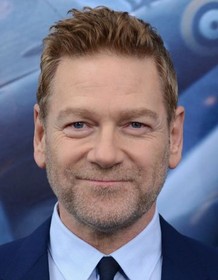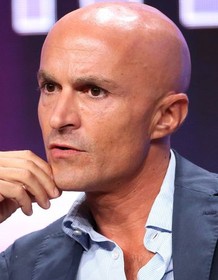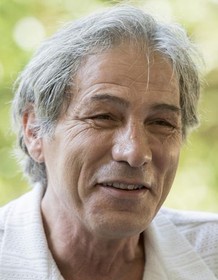Kenneth Branagh
follow


Once hailed as the "new Laurence Olivier," Shakespearean-trained actor and director Kenneth Branagh struggled throughout his career to balance his near-obsessive drive to work with the need for a somewhat normal, settled life. After his directorial breakthrough with his interpretation of The Bard's "Henry V" (1989), Branagh had what appeared to many to be the picture-perfect life: a beautiful wife in Emma Thompson, a thriving career - thanks to his deft thriller "Dead Again" (1991) - and a reputation replete with an air of seriousness and unerring artistic credibility. But on the inside, Branagh claimed to have been going a bit mad, a realization exacerbated by his separation from Thompson and the debacle of "Mary Shelley's Frankenstein" (1995). Later in life, he learned how to relax every now and then, but continued to push himself to greater artistic heights, sometimes to the point of failure, as with "Hamlet" (1996) and "Love's Labour's Lost" (2000). He rebounded, however, with a marvelous performance as a young Franklin Delano Roosevelt in "Warm Springs" (HBO, 2005), followed by an acclaimed turn as a brilliant but dysfunctional detective in the "Wallander" (PBS, 2009) miniseries and a return to the director's chair for the superhero smash "Thor" (2011), live-action fantasy "Cinderella" (2015) and cozy murder mystery "Murder on the Orient Express" (2017). With his heralded body of work as an actor, writer and director, Branagh had long emerged from Olivier's shadow to be recognized as one of the more formidable filmmakers of his generation.
Create Post
Post


How much you willing to pay
If power lunch with Kenneth Branagh
Sure


Bid for lunch


Date





